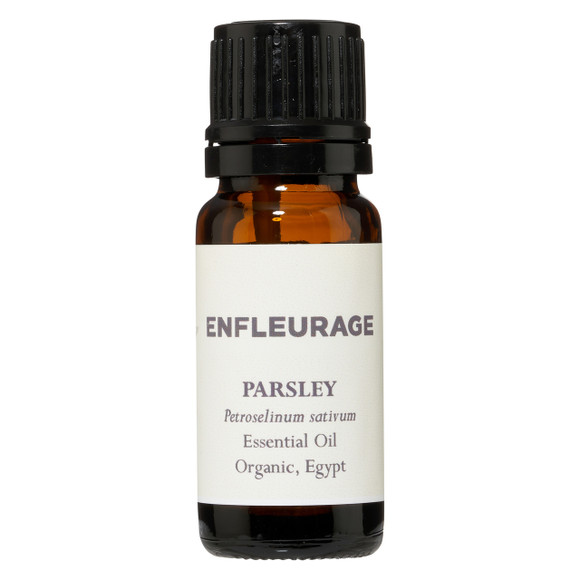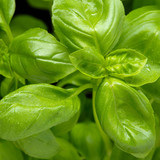Neroli
Citrus aurantium v Amara
Organically Grown---Egyptian Origin
Neroli comes from Orange flowers; bitter orange to be exact, although every citrus can actually produce their own flower essential oil—lime, lemon, sweet orange, kumquat, grapefruit, etc. It’s rare to find any of these, as most of the flowers are allowed to mature into fruit. Bitter orange is the exception, although it must be noted that we do actually have grapefruit neroli at the store--from heaven via Morocco, and I think for aromatherapy it’s probably got the same uses, but I’m quite sure that no one has done tests as it’s not a commonly distilled essential oil, and most probably a flight of fancy. I mention it because I absolutely and totally love citrus blossoms and it’s good for me that these essential oils exist or I’d be sleeping in my car in the Coachella Valley during the flowering season like my father did.
I digress
Neroli oil does not entirely separate from the distilling water, and this is recovered and sold as Orange Flower Water, used in flavor and skincare. Orange flower water is, thankfully, very popular in Arabic cooking, especially during Ramadan, and in desserts in particular.
The orange tree leaves also give an essential oil –petitgrain—which is a little greener, a little woodier, a little rougher, version of neroli, and usually contains a few flowers of its own.
Don’t forget we also get orange peel (or lemon, lime, mandarin, grapefruit, kumquat, etc) peel oil, and this is usually pressed, not distilled, but it’s also a lovely and delicious aromatic journey. Citrus is prolific, that’s for sure.
Neroli usually comes from North Africa: Morocco, Tunisia, and Egypt all have commercial harvests. There is smaller production from Lebanon, Algeria, France, etc. The season can be very short—a couple of weeks, even just 5 days, as we were told in Lebanon one year.
Although the orange tree is native to China, it was first cultivated by the Arabs (in the Mediterranean) in the tenth and eleventh centuries and distilled starting in the sixteenth century. The name Neroli comes from the gloves of an Italian princess, Anna Maria de la Tremoille of Nerola.
Arctander says:
Neroli Bigarade Oil is a pale yellow, mobile oil which becomes darker and more viscous on aging. The odor is very powerful, light and refreshing, floral with a peculiar sweet-terpeney topnote, but it’s tenacity is rather poor. This oil is primarily used as a “top-note” in perfumery.
Neroli oil is one of the classic materials in eaux de cologne of the “Maria Farina” type, “4711” etc. It blends excellently with all the citrus oils, with numerous floral absolutes, and countless synthetic materials. Next to rose, jasmine, and ylang ylang, it is probably one of the most frequently used florals in perfume compounding.
Battaglia says:
Cardiovascular
Neroli oil is beneficial for the heart since it regulates heart rhythm and helps to reduce cramp-like nervous heart conditions. The oil is indicated for the treatment of hypertension and palpitations.
Digestive
Neroli oil may be used to relieve spasm of the smooth muscles of the digestive system. It is beneficial in the treatment of chronic diarrhea, especially when it arises form nervous tension.
Nervous System
Neroli oil is regarded as one of the most effective sedative and antidepressant remedies, and is recommended for the treatment of insomnia and states of anxiety and depression.
Neroli oil doesn’t like temperature fluctuations or light or disturbance. Please keep him quietly in a well-sealed bottle in the dark.
the orange-blossom
scents this night of March with old
innocence of spring
-- Mihaela Pirjol
Safety Warning
As with most essential oils, dilute before using on skin. Perform a patch test before use if essential oil sensitivity is suspected. Do not take essential oils internally. Do not use on children or pets. Seek advice from a trained aromatherapist before using on people with compromised immune systems. Keep away from eyes and mucus membranes.
Enfleurage makes no medical claims relating to any products, essential oils or otherwise, on our website or through social media. We are an essential oil company, not doctors, The FDA has not evaluated the statements on this website. We present our information in order to educate our customers on traditional and general uses of essential oils; in no way do we diagnose, cure, treat, or prevent any disease or condition.
You the customer are responsible for understanding the safe use of any and all of our products, including essential oils, and use them accordingly.




















